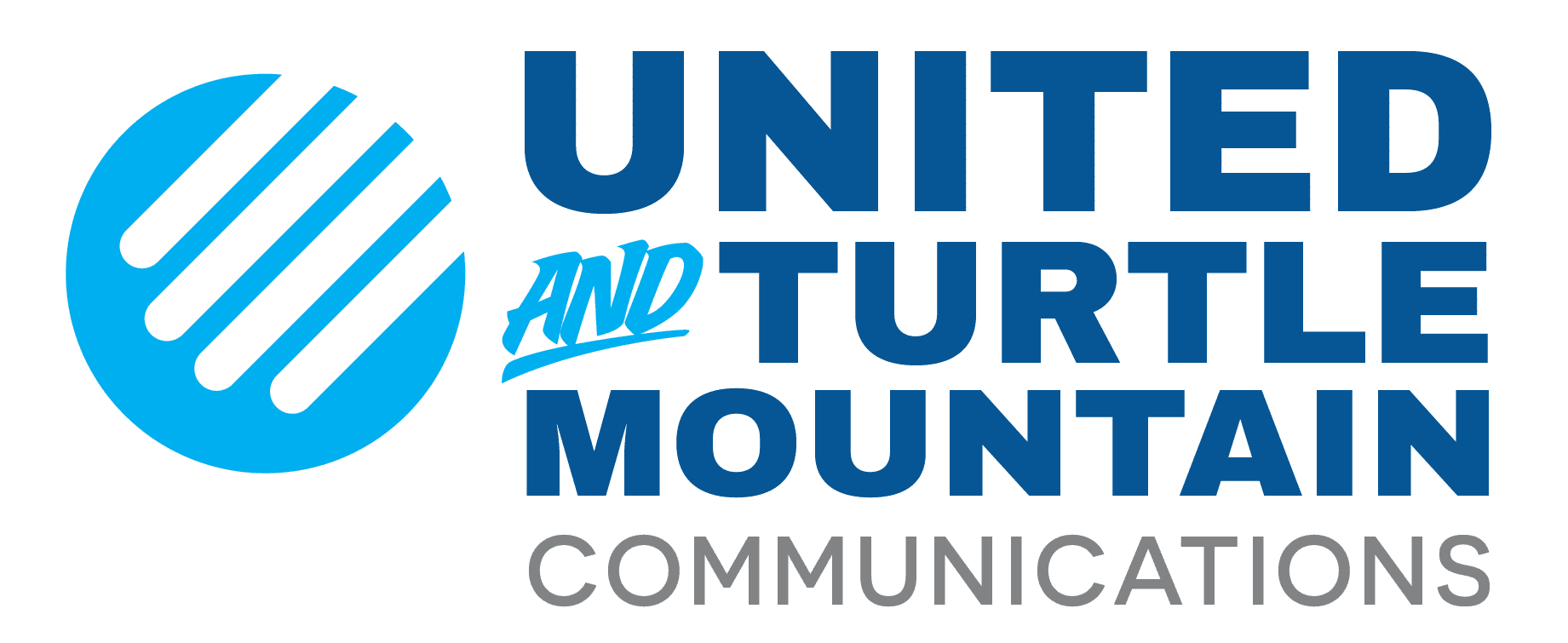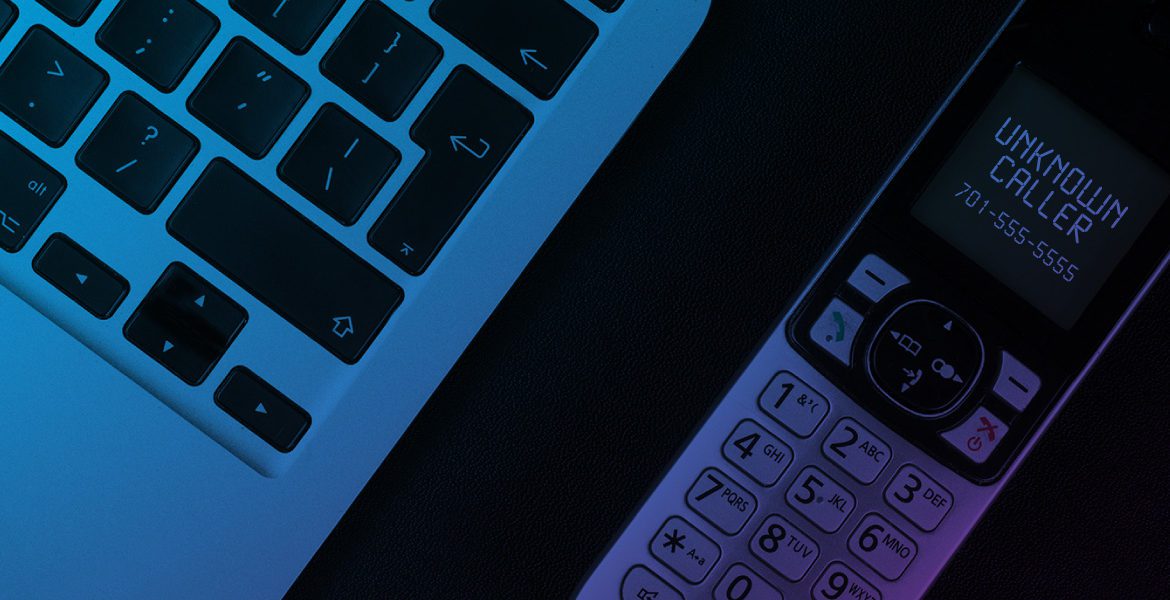Millions of Americans get inundated with robocalls and suspicious-sounding voicemails every day. This isn’t simply annoying; in some cases, it’s illegal. Scammers find ways to up their game and get consumers’ private financial information to defraud them of their hard-earned money. As these scammers get more sophisticated, the telecommunications industry has developed tools to protect consumers. To learn more about scams and the tools in place to thwart them, keep reading.
Phone Scams on the Rise
There are all sorts of phone scams perpetrated by scammers who have figured out how to sound convincing, with new methods of taking advantage of consumers all the time. Because of the variety of scams and the different “offers” and “programs” they tout, and even legitimate entities they claim to represent, it can be overwhelming to differentiate the real from the fake. Here are just a few of the most common phone scams and their red flags:
Flood Insurance Scams
Home insurance typically does not cover flood damage, and as flood insurance is an optional type of coverage, not all homeowners opt to add it. This makes it ripe for scammers to prey on people who are dealing with the emotionally and financially devastating aftermath of a flood. It’s easy for con artists to see that homeowners are distracted and upset, and this is their cue to step in and pretend to help. They “spoof,” or call in using a phone number that disguises their identity, showing up on caller ID as a real insurance company to try to get information about existing insurance policies. From there it isn’t hard for scammers to make an insurance claim using someone else’s policy or to find additional personal information they can use to steal money.
Disaster Relief or Holiday Charity Scams
It’s human nature to want to participate in charitable giving, especially during holiday season or times of natural disasters. Scammers recognize this and see givers as very trusting people, so they are emboldened to take advantage of the kindness of others and will call asking for “donations,” claiming to represent a charitable organization. The direct targets of these scammers are not the only victims of this type of fraud – those who depend on charitable donations are effectively stolen from as well, because the givers may now be financially compromised and not in a position to donate.

Medicare Scams
Scam artists defraud Medicare by calling and posing as Medicare officials, offering free medical devices or upgraded Medicare cards. They’ll say that all they need is a Medicare account number or a payment to get the product or new card shipped out, but what arrives in the mail instead is a bill for unauthorized medical care of which the victim is unaware.
IRS and Collection Agency Call Scams
While some fraudsters portray themselves as benevolent, sincere individuals who only want to help, others prefer to come across as threatening. These con artists might claim to be from the IRS or a collection agency, and employ scare tactics such as an ominous tone of voice and the threat of dire consequences if the target refuses to comply. They demand immediate settlement of a bill or will be “forced” to take legal action. These calls can be very unsettling and may spur the victim to acquiesce, even if he or she has no knowledge of any delinquent accounts.
Gift Card Scams
Gift cards are non-refundable and very difficult to trace. They are also available for purchase in many retail stores. These characteristics make gift cards an appealing means of stealing money. The scammer will call to demand money to take care of some “urgent” emergency that is supposed to affect the target personally, and then require payment to be made on a gift card. Sometimes the scammer even stays on the phone while the unwitting target goes to the store to purchase the card for the demanded amount, and then asks for the number on the gift card and its PIN. The consumer, having passed along this information, no longer has control over the funds loaded onto that card. This ploy is used in several of the scams discussed above. No legitimate business or organization would accept payments by means of gift cards.
What About Robocalls?
Phone calls that have recorded messages instead of a live person are robocalls. These are not necessarily scams, as some types of robocalls are legal. However, some scams use recorded messages in hopes that the target will either return the call or, if having answered, will push a button which the recorded message specifies will remove them from the list when in fact that will give the scamming caller access to identifying information.

Call Screening
Knowing something about the ways that con artists operate and recognizing the warning signs of a scam are the first steps in protecting your personal information. Having a good call-screening service in place is an important additional layer of protection against identity theft. With Terminating Call Manager and ManageMyCalls, you can keep unwanted callers from getting through on your landline.
Terminating Call Manager
Terminating Call Manager, our call-screening service, blocks callers you specifically choose to block, and automatically blocks calls coming from numbers that have been reported by other consumers. You can also block the last number that called in. This service even tracks statistics on how many illegal calls to your line were attempted each month. There is no additional hardware or equipment required to install and activate Terminating Call Manager, just simply sign up for the service and our team will add the feature to your account.
ManageMyCalls App
The ManageMyCalls app works in tandem with Terminating Call Manager, giving you control over your call-screening and “blocked” and “allowed” lists directly from your desktop, tablet, or mobile device. You can choose to enable or disable the call-screening at any time from the app. Another helpful feature is the Challenge setting, which defaults to challenge all calls that appear on your caller ID as “Private” or “Unknown.” In this setting, the numbers of trusted callers like family and friends will appear on caller ID when the caller passes the challenge by pushing a specific digit when prompted. You may also disable or enable this feature at any time.
If you’re ready to hang up on phone scammers before they have a chance to reach you on your landline, contact us today to sign up for Terminating Call Manager, download the ManageMyCalls app, and safeguard your private information.





